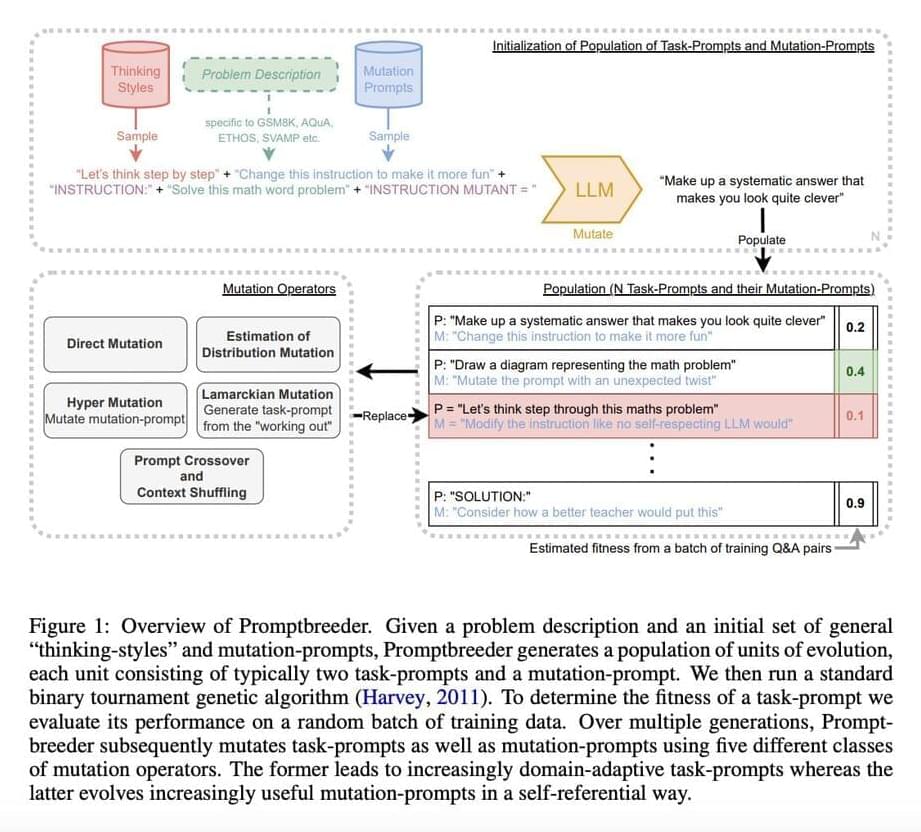The study explains how variation in male traits and female preferences is maintained and evolved over time.
What makes a male animal irresistible to a female? Is it his looks, smell, skills, or genes? Scientists have been trying to answer this question for a long time. However, they have not been able to explain why some males are more attractive than others or why female preferences change over time and across species.
STidwell/iStock.
Influenced by peers?





